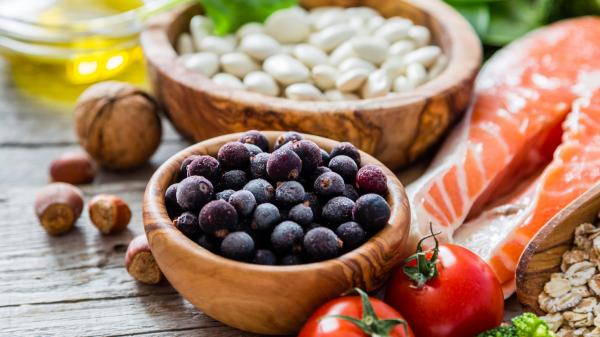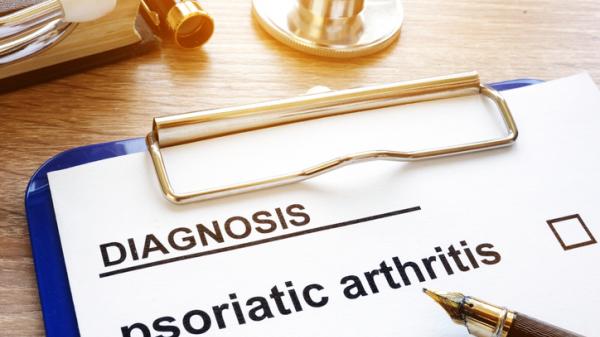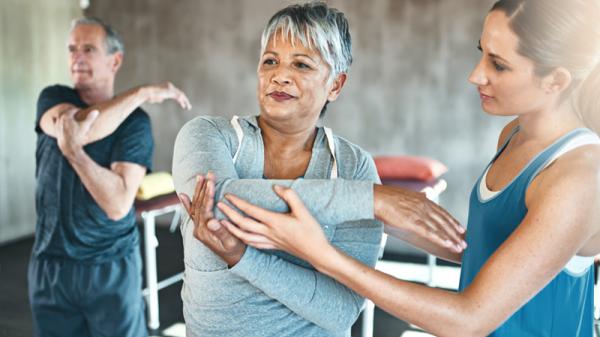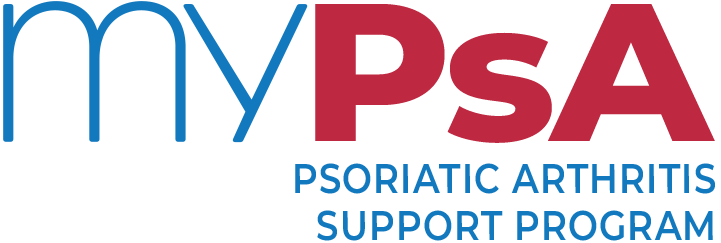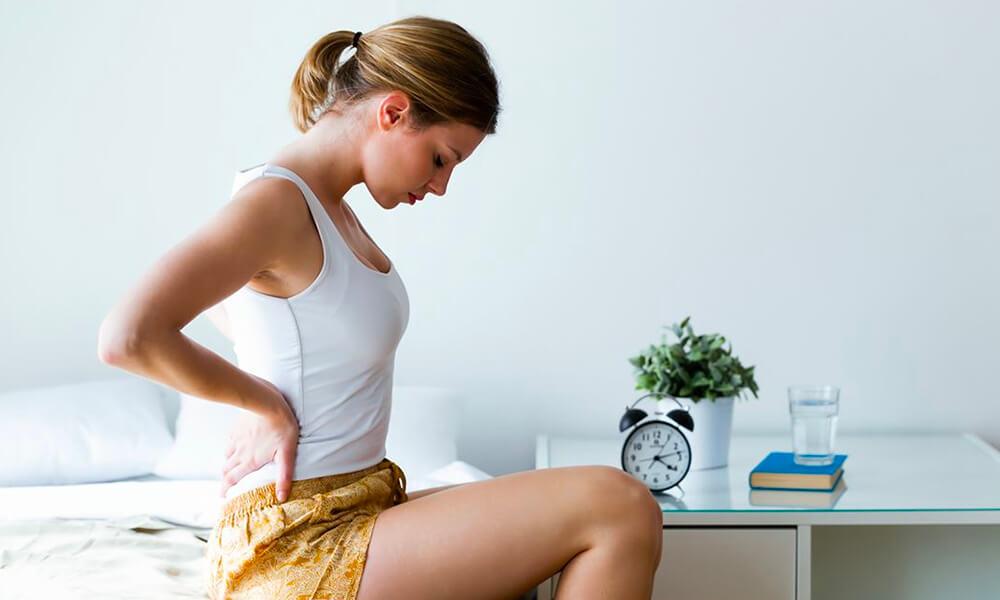
What is hip pain?
If your hip is affected by arthritis you may feel pain in your groin, thighs or lower back. Sometimes your pain may also be felt in your knees, especially when standing or moving. Hip pain is most commonly due to osteoarthritis (OA), but can also occur if you have psoriatic arthritis (PsA).
There are many things that can help you manage arthritis of the hip. The first steps are regular exercise, weight loss and using medicines wisely
Should I see a doctor?
About one in five people with arthritis may have arthritis involving their hips. This generally happens in people who have had arthritis for several years.
You should talk to your doctor or other healthcare professional if your pain is bothering you or is persisting. They will talk about your symptoms, examine the movement of your hips and assess your arthritis.
What can I do?
There are many treatments that can be helpful for arthritis of the hip. Here are some tips.
Maintain a healthy weight
Being overweight can lead to more pain and damage to hips and knees affected by arthritis. Try to remain active and eat a healthy, balanced diet to maintain a healthy weight. If you need some help to lose weight or are finding it difficult to maintain a healthy body weight, speak to your doctor, a dietitian or a physiotherapist. They may be able to help you with your diet or to find exercises you can do and enjoy. Read importance of maintaining a healthy weight for more information.
Exercise
Regular exercise is one of the most important treatments for arthritis of the hip. It helps to reduce pain and maintain your general health. To protect your sore joints, try low-impact activities, where there is less weight going through your hips and knees such as swimming, cycling and walking. You could also try:
-
Water exercise: buoyancy of the water takes pressure off your hips and you may find you can move more freely than you can on land. See Water exercise for more information.
-
Strengthening exercises: Exercises to strengthen the muscles around your hip can also help reduce pain. See Strength training for more information.
-
Tai chi: Studies show that tai chi can help reduce pain and stiffness for people with arthritis. See Tai chi for more information.
If you have hip pain, you are more likely to have weakness and tightness of certain muscles in the hip and leg. If possible, consult a physiotherapist or exercise physiologist for advice about a program to suit you. See Physical activity for more information about exercise.
Medicines
Your doctor may recommend certain medicines to help reduce your hip pain, depending on what type of arthritis you have and your medical history. Talk to your doctor or pharmacist about medicines and the best way to use them for your condition. See Medicines for more information.
Aids or supports
Walking sticks or canes may help reduce the load on your hip and lessen pain. Always use the walking stick on the opposite side to your sore joint (if your right hip is affected, use the walking stick in your left hand). See a physiotherapist for advice about any aids or supports.
CONTACT YOUR LOCAL ARTHRITIS OFFICE FOR MORE INFORMATION AND SUPPORT SERVICES.


